Advantages of Hollow Block Molding Machine
Jul 01, 2025
The core advantages of hollow block molding machine are high efficiency, low cost, high quality, flexibility, environmental protection and energy saving. It has completely changed the traditional block production method and is an essential equipment for realizing large-scale, standardized, and industrialized production of building blocks.
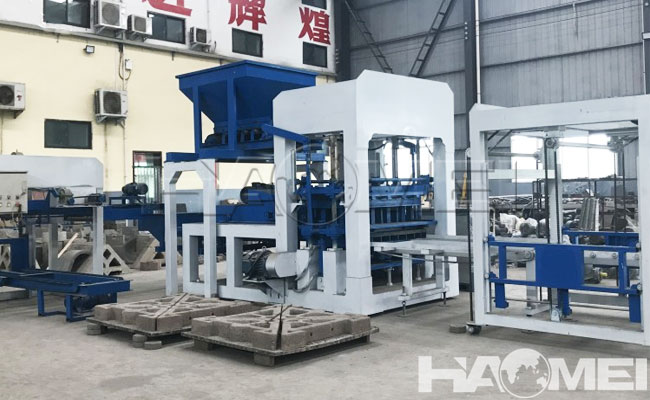
Core Advantages of hollow block molding machine:
1. Extremely high production efficiency and capacity
- High degree of automation:
From feeding, pressing, vibration compaction to demoulding and stacking (some high-end models), the whole process is highly automated and continuous, which greatly reduces human intervention.
- Fast forming speed:
Multiple blocks can be formed at one time (ranging from a few to dozens of blocks depending on the mold design), and the daily output of a single machine can reach thousands or even tens of thousands of standard blocks, which is dozens or even hundreds of times that of traditional manual or simple mold production.
- 24-hour continuous production:
The hollow block molder machine equipment is stable and reliable, suitable for long-term continuous operation, and meets the needs of large-scale engineering.
2. Significantly reduce production costs:
- Human cost is greatly reduced:
The number of operators required for automated production is small, and the main work is monitoring, maintenance and a small amount of auxiliary operations, which greatly saves labor costs.
- High utilization rate of raw materials:
Accurate metering and efficient compaction process reduce the waste of raw materials. At the same time, many equipment can make good use of industrial waste (fly ash, slag, construction waste, etc.) as raw materials, further reducing material costs.
- Relatively controllable energy consumption:
Although the block making machine equipment itself needs to be powered by electricity, due to its high efficiency and high output, the energy cost per block is usually lower than that of inefficient production methods.
- High site utilization rate:
Centralized and efficient production reduces the dependence on large-scale maintenance sites (compared with traditional drying).
3. Excellent and stable product quality:
- Precise size and uniform specifications:
Precise molds, hydraulic or mechanical pressure combined with high-frequency vibration ensure that the size, shape, and porosity of each block are highly consistent with extremely small tolerances. This is crucial to the efficiency of subsequent masonry construction and the quality of the wall (reducing leveling time and uniform mortar joints).
- High density and good strength:
Strong pressure and sufficient vibration make the material particles tightly combined, the internal structure is dense and uniform, and the compressive strength, flexural strength and overall durability of the blocks are significantly improved.
- Good appearance quality:
The surface is flat and smooth, with clear edges and corners, and the color is uniform (especially when fabrics are used), which meets the requirements of modern buildings for clear water walls or finishing effects.
- Controllable performance:
By adjusting the formula, pressure, vibration parameters, etc., the key indicators of the product such as strength grade, bulk density (solid/hollow), thermal insulation performance, and water absorption rate can be accurately controlled.
4. Strong product diversity and flexibility:
- One machine for multiple uses:
By replacing the mold, a block molding machine can produce a variety of hollow blocks (different porosity, different sizes), solid blocks, curbstones, paving bricks, grass bricks, slope protection bricks, hydraulic bricks and other concrete products of various specifications and shapes.
- Adapt to different raw materials:
The equipment can usually adapt to a variety of concrete ratios (dry hard or semi-dry hard), as well as mixtures with a large amount of industrial waste.
- Customized production:
Special shapes or functions of molds can be customized according to customer needs to produce special-shaped blocks or special-purpose products.
5. Comply with environmental protection and sustainable development requirements:
- Resource recycling:
It is an effective way to dispose of solid waste such as fly ash, slag, construction waste, tailings, etc., turning waste into treasure, reducing environmental pollution and land occupation.
- Reduce carbon emissions:
Compared with sintered bricks, the production process of unburned blocks does not require high-temperature calcination, and energy consumption and carbon emissions are greatly reduced.
- The production process is relatively clean:
Modern equipment design focuses on dust control and noise reduction (some equipment requires additional dust removal and noise reduction devices).
- Product energy saving and environmental protection:
The hollow blocks produced have good thermal insulation properties, which contributes to building energy saving.
6. Improve labor conditions and safety:
- Reduce labor intensity:
Free workers from heavy physical labor (mixing, handling, manual molding).
- Improve safety:
Reduce the risk of accidents in manual operations (such as smashing, sprains, etc.).
- The working environment is relatively improved:
Automated production reduces the time workers are directly exposed to dust and noise.
7. Promote building industrialization and standardization:
- It provides a standardized and high-quality wall material foundation for prefabricated buildings and modular buildings.
- Uniform specifications and sizes facilitate design, construction and cost accounting.
Hollow block molding machines are one of the indispensable equipment in the modern construction industry. With its efficient and high-quality production capacity, they meet the market demand for blocks. For building materials manufacturers, investing in a suitable forming machine is a key step to enhance competitiveness, adapt to market demand and achieve sustainable development. When choosing, you need to combine your own financial strength, target products, raw material sources, market demand and other factors to select the most suitable model (such as vibration table molded type, fixed core vibration type, hydraulic static pressure type, etc.) and configuration.








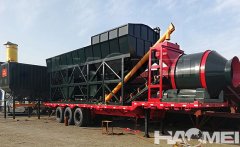
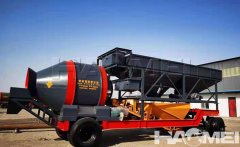
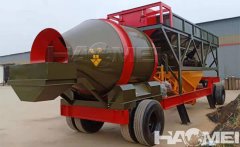
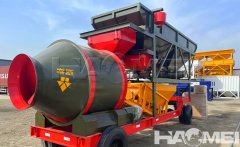
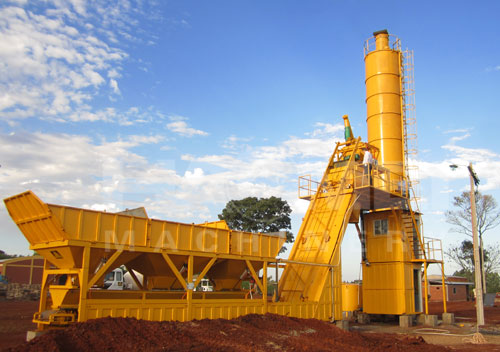
 (Chat Online)
(Chat Online)




